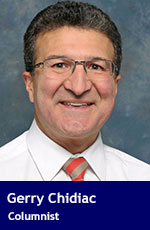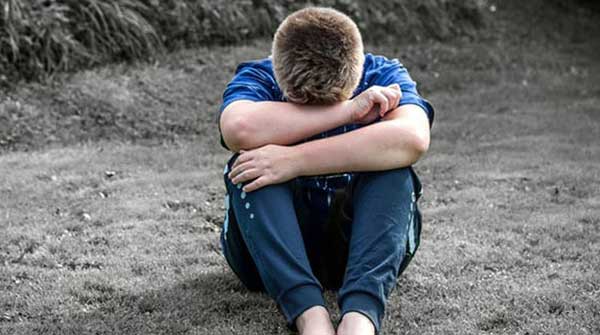 Much of the study of genocide has focused on how it happens and what it looks like. This is important but perhaps we need to go further. What do people go through after these crimes have been committed? What happens to children?
Much of the study of genocide has focused on how it happens and what it looks like. This is important but perhaps we need to go further. What do people go through after these crimes have been committed? What happens to children?
There are many amazing books written by survivors of genocide:
- Viktor Frankl’s Man’s Search for Meaning gives deep insight into the mind of one living through the Holocaust.
- In Night, Elie Wiesel describes how, as a naïve teenager, he managed to survive Nazi death camps.
- In Left to Tell, Immaculee Ilibagiza describes how she survived almost certain death as a Tutsi in Rwanda and came to find peace.
As great as they are, these books don’t tell what happens to young children in the face of crimes against humanity. They don’t tell us how these children are left to try to make sense of the world, or even their own feelings, as they progress into adolescence and adulthood, and then try to live from day to day.
In many ways, Mouth of Truth: Buried Secrets by Lillian Boraks-Nemetz is groundbreaking.
As a child survivor of the Holocaust, Boraks-Nemetz experienced confusion and pain that made no sense. Though she survived, she was deeply impacted.
A child needs to feel loved and safe, to be cared for, to be able to trust. This was not the case for a child of the Holocaust. Not only did these people experience fear and neglect, they suffered the absolute trauma of living through horrific experiences, along with the guilt of surviving while others didn’t. It’s no surprise, then, that child survivors have many demons to face later in life.
Unfortunately, what happened to Boraks-Nemetz happened to far too many children and continues to happen.
In Canada, we’re just beginning to come to terms with what people suffered for generations in the residential school system.
How many of our immigrants left horror behind them physically, only to find it haunting their dreams?
How many among us experienced the terror of abuse growing up?
In trying to make sense of her journey, Boraks-Nemetz was impacted by the revolutionary work of Swiss psychologist Alice Miller, who noted that trauma impacts children differently than adults. Left untreated, survivors sometimes find destructive means to treat their pain, whether it be addiction to drugs or oppressing the powerless. This often destroys families and brings the trauma to the next generation.
Miller notes, however, that children who experienced trauma and abuse often don’t become abusers. This is either because they have a “helping witness” in childhood, someone they can go to for love and support, or “enlightened witnesses” in adolescence or adulthood. These are people who have “understood and recognized the consequences of child abuse.”
Boraks-Nemetz’s book contributes greatly to understanding the efforts of a person working through the consequences of trauma.
The Holocaust didn’t end for Boraks-Nemetz when her country of Poland was liberated from the Nazis. It didn’t end when she immigrated to Canada or had children of her own. The fact is, memories never disappear. Perhaps the best that one can do is understand the trauma and use the lessons learned to heal oneself and so heal the world.
We live in a hurting world. The quest for global domination that has preoccupied our societies for the past several hundred years has left deep wounds in humanity. We don’t need to look far to find them.
But even greater than our collective trauma is our capacity for healing. We have stories that need to be told and we all have the capacity to become “enlightened witnesses.”
The stories of our survivors need to be heard with compassion and free of judgment. Perhaps this is the greatest gift we can give to our children.
Troy Media columnist Gerry Chidiac is an award-winning high school teacher specializing in languages, genocide studies and work with at-risk students.
The views, opinions and positions expressed by columnists and contributors are the author’s alone. They do not inherently or expressly reflect the views, opinions and/or positions of our publication.
